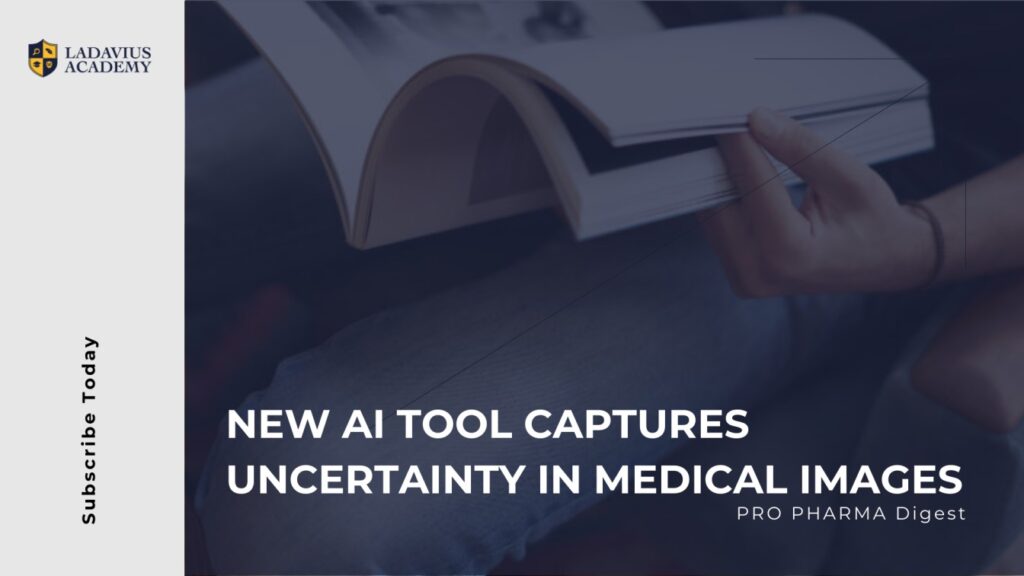Researchers from MIT, the Broad Institute, and Massachusetts General Hospital have developed an AI tool called Tyche to address a key limitation in current medical image analysis. While existing AI models can identify potential diseases or abnormalities in images, they typically provide only one answer. This doesn’t account for the inherent uncertainty in image interpretation, which can be crucial for informed clinical decision-making.
Tyche: A Machine Learning Model for Uncertainty
Funded by the National Institutes of Health and other organizations, Tyche is a machine learning model designed to capture uncertainty in medical images. It achieves this by generating multiple possible interpretations (segmentations) of an image, along with an indication of how likely each interpretation is.
How Does Tyche Work?
Tyche builds upon a standard neural network architecture. By training on a small set of example images (e.g., segmentations of heart lesions from MRI scans by multiple experts), Tyche learns to perform the segmentation task. Notably, the model requires only around 16 examples for good performance, eliminating the need for extensive retraining.
The researchers modified the network to generate multiple candidate segmentations for a single image. This is achieved by enabling the network’s layers to consider not only the image itself but also the provided examples and how different segmentation candidates interact with each other.
Advantages of Tyche
- Reduced Training Needs: Unlike complex models requiring vast, specialized datasets, Tyche thrives on minimal training data.
- Speed and Efficiency: Tyche operates faster than most existing models.
- Versatility: The model can be applied to various medical image analysis tasks.
Benefits for Clinicians and Researchers
Tyche’s ability to capture uncertainty and its efficient operation hold significant promise for clinicians and biomedical researchers. By providing multiple interpretations with associated likelihoods, Tyche empowers clinicians to make more informed decisions while acknowledging the inherent ambiguity present in medical images.
Future Developments
The research team is exploring ways to improve Tyche’s functionality. This includes incorporating more flexible context sets, refining methods to enhance the model’s least likely predictions, and developing a recommendation system for the most probable segmentation candidates.
Posted April 2024.
Subscribe to our newsletter
Personalised by your preferences, subscribe to our newsletters to get the best of the Pharmaceutical Industry news in your inbox.
